¥100 Shops: What to Buy & What to Avoid
We all love ¥100 shops and we probably spend more time and money there than we should. And while they are an innovation that humanity should be thankful for, sometimes it's better to forsake them for your good old supermarket or pharmacy. The problem is, when? Read on to find out!
By Diletta FabianiThings You Don't Need to Buy at ¥100 Shops
While you can buy these products, for one reason or another it might be more convenient to either change shops or purchase a more expensive alternative.
Various Cleaning Supplies: Sponges, Laundry Soap, Tissues, Trash bags, Etc.
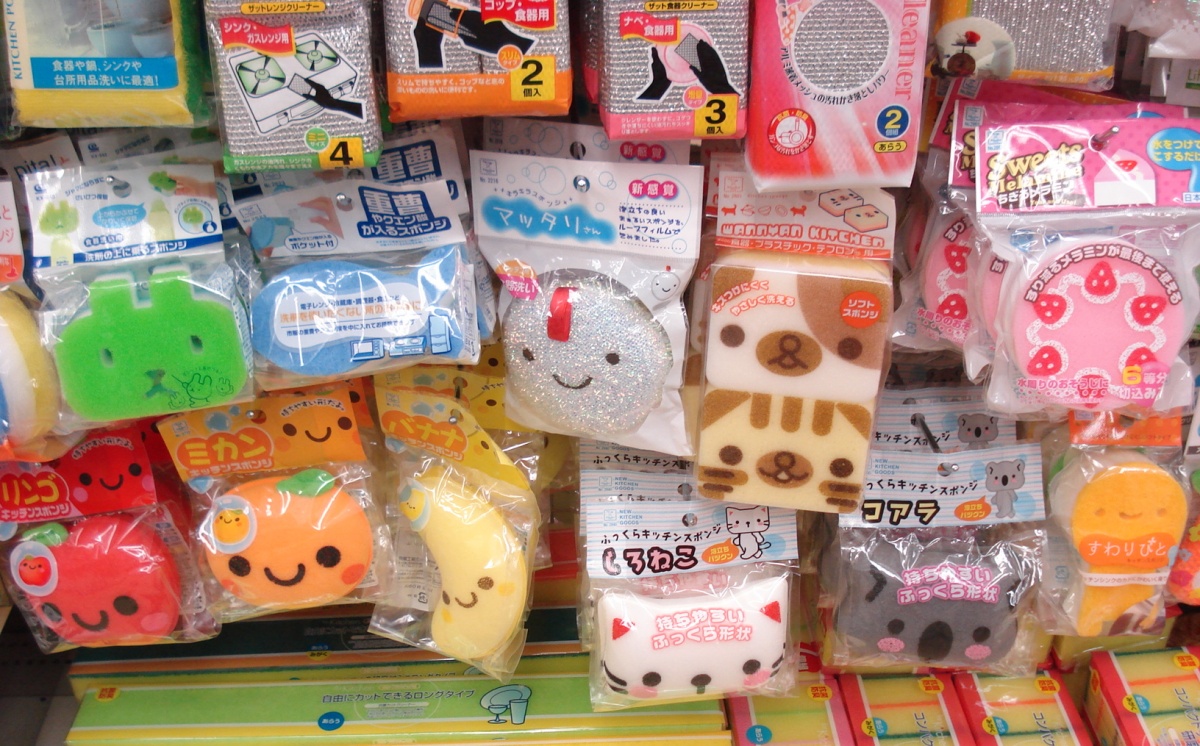
https://tobidasu.wordpress.com/2009/11/03/japan-never-stops-amusing-me/
While some cleaning supplies are cheaper at ¥100 shops (for example, spray cleaners) others might be the same price at supermarkets or pharmacies. For example, you can get ¥100 cleaning sponges in pharmacies too (but we have to admit, the ¥100 one will probably be cuter). The same applies to tissues. While you might be interested in buying one box for ¥100, in the end buying six boxes in a pharmacy is actually less expensive. Or trash bags: if you buy a lot, they'll probably end up being less expensive at a supermarket. Once again, this is especially important if you’re staying in Japan for a long time and want to invest in bulk quantities.
Food
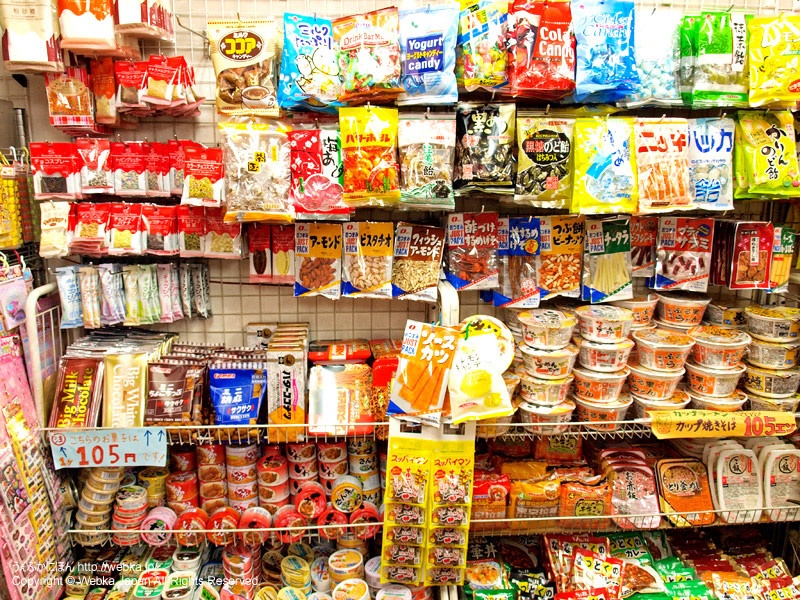
http://webka.jp/s/a2g2203000001.html
Unless there is some specific product that you like and cannot find anywhere else, buying food at your local supermarket will be much cheaper. Some examples: boxless instant noodles can go as low as ¥40-¥50 in some supermarkets, a bit more than ¥100 will buy you a much bigger bottle of mayo. And if you buy instant rice in bulk, it might be cheaper than the ¥100 per package. ¥100 shops are convenient only for buying products in smaller packages, or if you plan to stay in Japan for a short period of time.
Food Graters & Slicers
http://itisapieceofcake2011.blogspot.jp/2014_04_01_archive.html
Slicers are hit or miss—sometimes they cut, sometimes they don't. When it comes to graters, most of the ¥100 ones are made of plastic, which means that they'll break very easily. If you plan to use them a lot, you're better off buying a proper metal one.
Regular Stationery
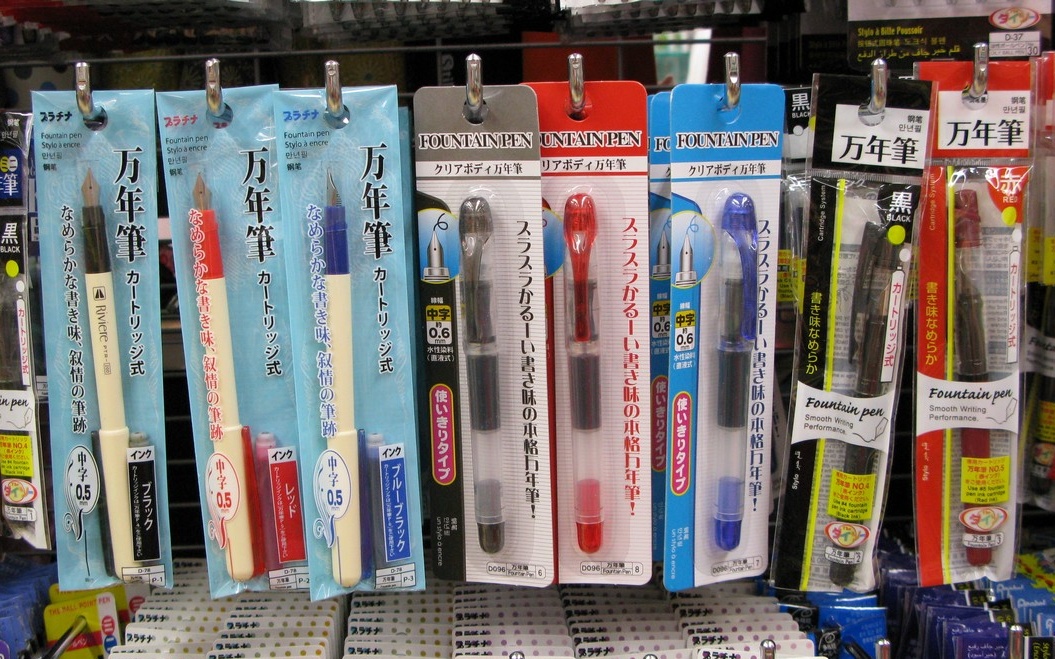
http://estilofilos.blogspot.jp/2010/07/low-cost.html
The ¥100 shop is definitely the place to go for cute pens and notebooks, and also if you need 50 office pens for a ridiculous price. However, if you only need one pen and you want to be sure about the quality, you might consider going to a stationery shop. Single pens can go for as low as ¥90, making them cheaper than their ¥100 counterparts, the quality will usually be higher, and you might also be able to try them out before the purchase.
Earphones/Earbuds
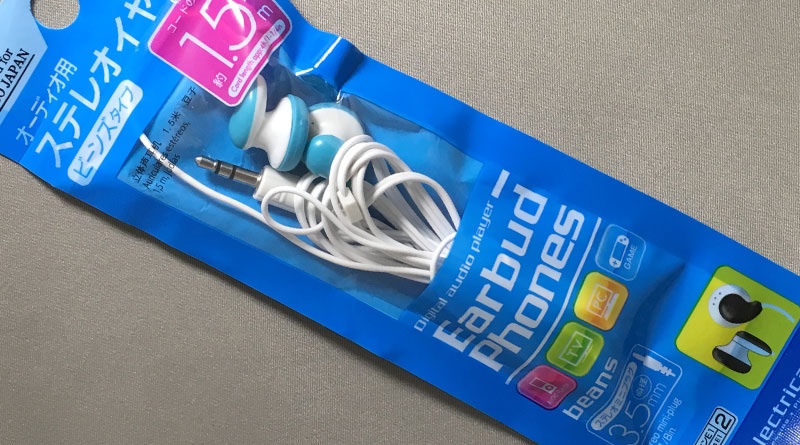
http://100yenshopping.com/earbud-headphones-asymmetric/
In some cases, they will either come already broken or they will break in a few days. Unless it's an emergency, you might want to invest in something more solid.
Makeup & Toiletries
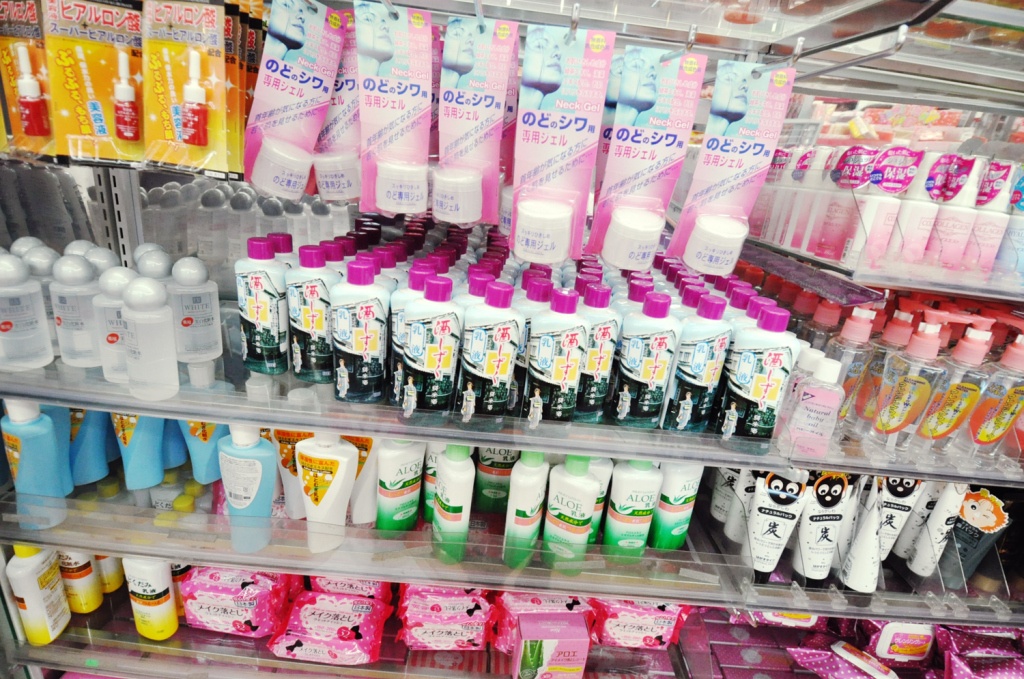
http://japanlover.me/kawaii/kawaii-travel-guide/daiso-100-yen-store-takeshita-dori-harajuku-tokyo/
While makeup at ¥100 shops can be good, it's hit-or-miss. Everyone has experienced dry eyeliner, eye pencils that won't draw, or lash glue that won't stick. Makeup is more expensive in pharmacies, but usually there won't be problems with the quality. Department stores or Don Quijote stores also have big discounts on leftover or soon to be dismissed products.
Products like body wash or shampoo are the same. While some people have no problems shopping at ¥100 shops, those with more sensitive or problematic skin might want to shop at specialized shops, where there are more tailored products.
Batteries
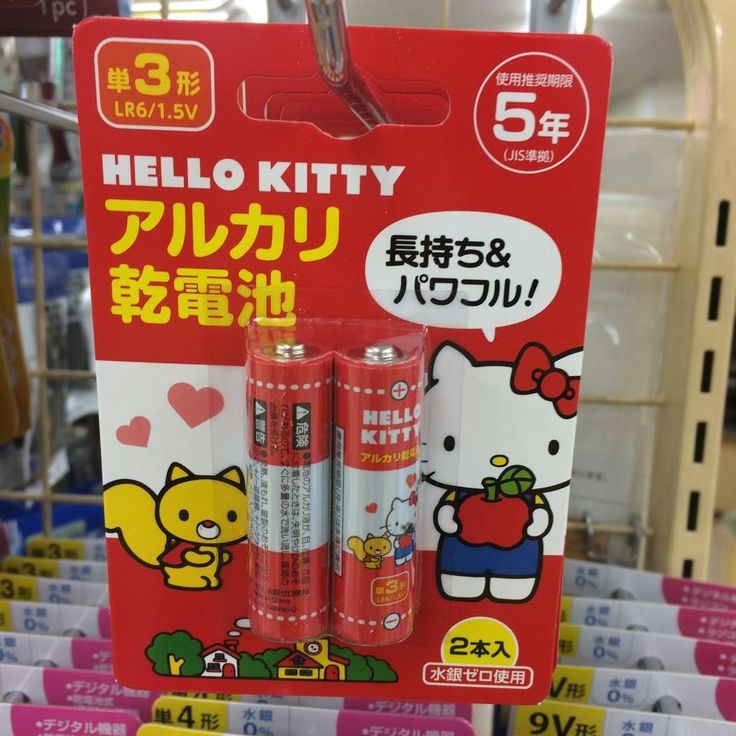
https://za.pinterest.com/pin/515380751083006737/
While ¥100 shops batteries are perfect to run small appliances that don't require much power (like a remote control, an electric toothbrush, or a clock), if you use them for something more powerful, like a radio or a camera, they probably won't last long. So, depending on the intended use, buying brand name or rechargeable ones might be a better idea.
Finally, Point Programs!
If you’re in Japan for an extended period of time, shopping at supermarkets or pharmacies will also give you another advantage: most chains will have their own point program, and using your member card will help you get coupons or points that you can then exchange for discounts!




